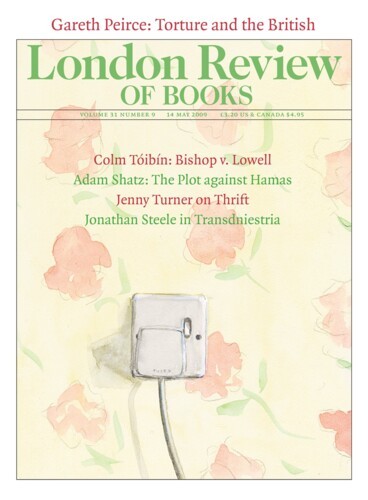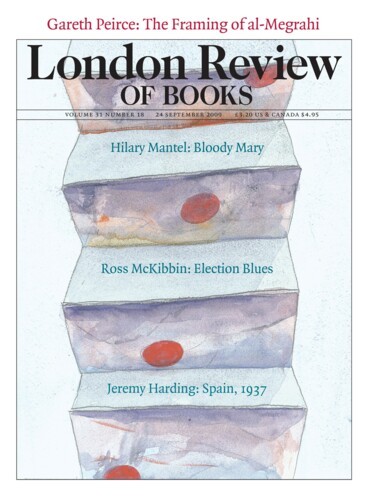Was it like this for the Irish? The War on British Muslims
Gareth Peirce, 10 April 2008
As good a place to start as any is 19 December 2001. On this date a dozen men, all foreign nationals, were interned in this country. Recognising the connotations of the term ‘internment’, discredited and abandoned in Northern Ireland, the government insisted this was not equivalent to arbitrary detention without trial, a practice forbidden by the European Convention on Human Rights except in extreme emergencies, because each man was free to leave.




